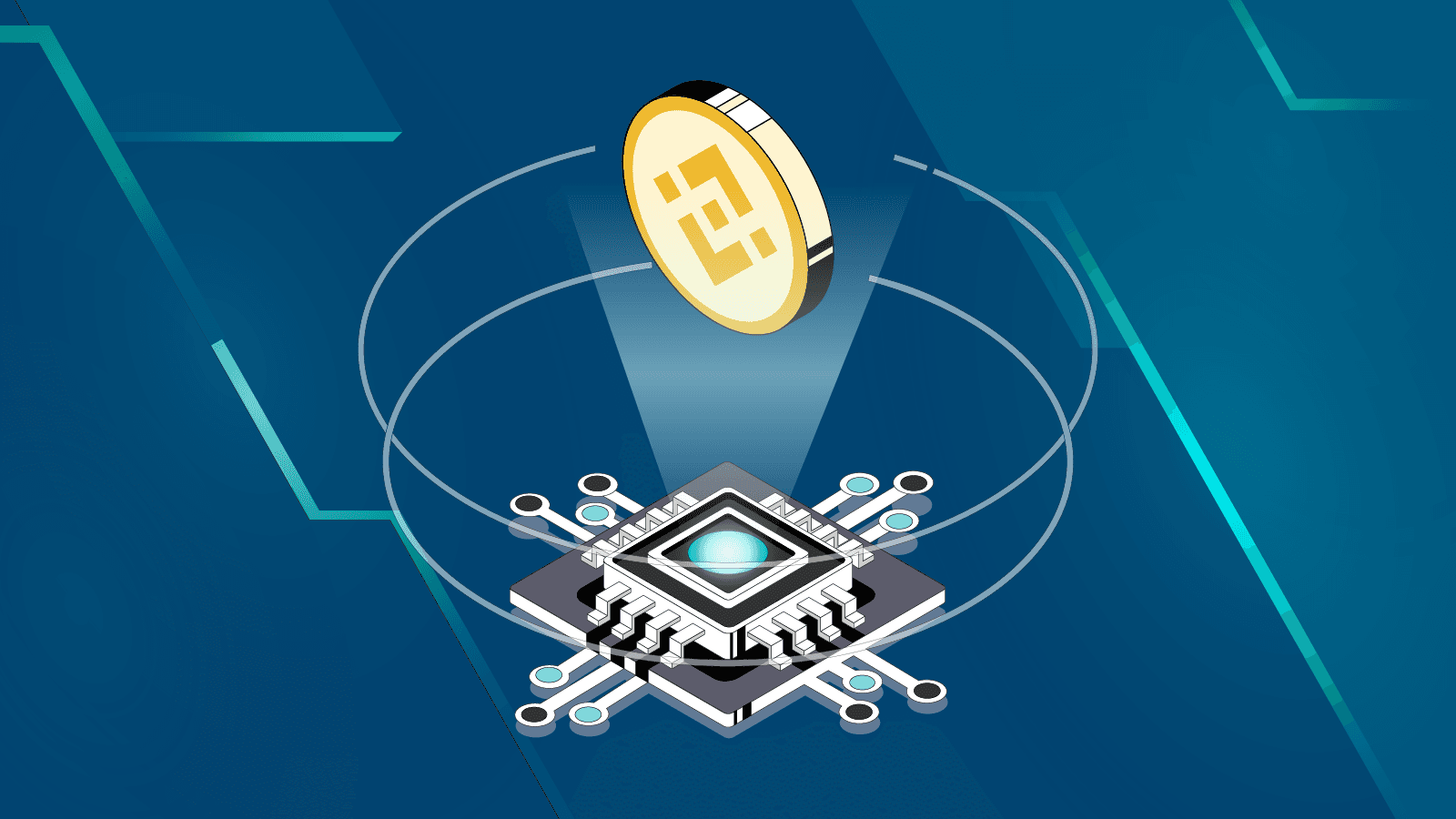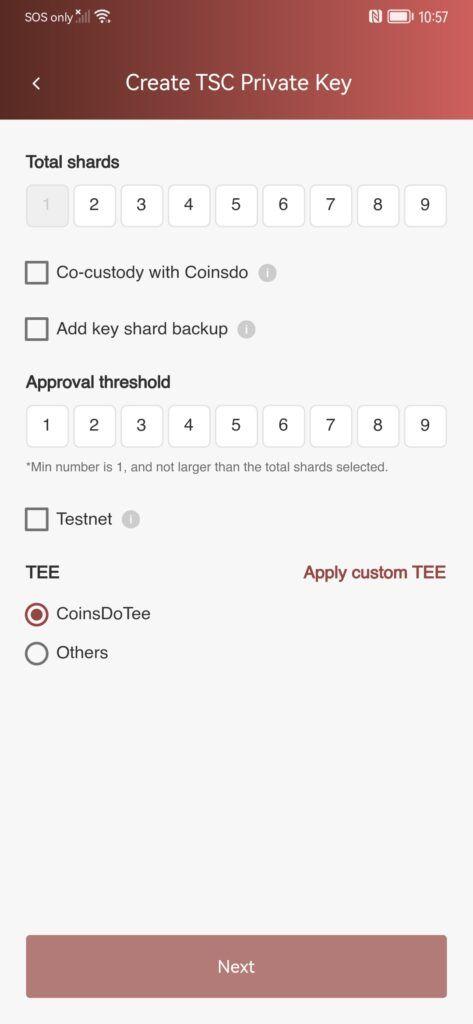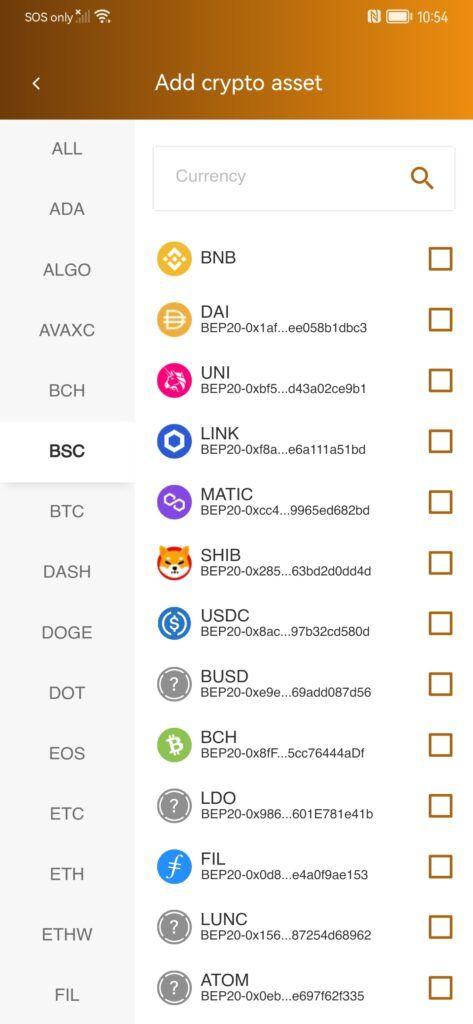
4 min read
Understanding BEP20 and Choosing the Right Wallet
In the vast landscape of cryptocurrencies, different blockchains have their unique token standards. One such standard that has gained significant traction is the BEP-20, native to the Binance Smart Chain (BSC). But what exactly is BEP-20, and how does one store these tokens securely?
Understanding BEP-20
BEP-20 is a token standard on the Binance Smart Chain, a parallel chain to Binance Chain. It's similar in many ways to Ethereum's ERC-20 standard. BEP-20 tokens are essential because they ensure interoperability between tokens, meaning they can work seamlessly with each other and with BSC-based DApps (Decentralized Applications). While they share similarities with ERC-20 tokens, BEP-20 tokens operate on BSC, which offers faster transaction times and lower fees.
Benefits of Using BEP-20 Tokens
BEP-20 tokens, being native to the Binance Smart Chain, come with a set of inherent advantages that make them appealing to many users and developers:
Cost-Efficiency
Transactions with BEP-20 tokens on the Binance Smart Chain are known for their low fees, roughly $0.08 (USD) per transaction on average. This makes it feasible for micro-transactions and frequent trading without the worry of exorbitant costs.
Speed
Binance Smart Chain boasts a block time of roughly 3 seconds. This means that transfers and interactions using BEP-20 tokens are processed swiftly, ensuring a smooth user experience.
Interoperability
BEP-20 tokens can be easily swapped with BEP-2 tokens (native tokens of Binance Chain) using Binance Bridge 2.0. This seamless interchangeability provides users with flexibility and broadens the token's use cases.
Vibrant Ecosystem
There are currently more than 3000 dApps running on BSC with a total value of $14 billion+ locked, many of which use BEP-20 tokens. From decentralized exchanges to gaming platforms, the adoption of BEP-20 tokens is widespread, offering users a myriad of applications.
Innovative Features
Many BEP-20 tokens come with unique features, such as staking capabilities, governance voting, and more. These features, embedded within the token's smart contract, provide added utility and foster community involvement.
Choosing a BEP-20 Compatible Wallet
Selecting the right wallet for your BEP-20 tokens is crucial. Here are some guidelines to help you make an informed choice:
Security
Ensure the wallet has robust security features, such as two-factor authentication, advanced encryption, and multi-party computation (MPC). MPC is particularly important - it allows you to split your private key into indecipherable shards and store them in different locations for maximum security.

CoinWallet using MPC to shard your private keys for maximum security
User Interface
Especially for those new to the crypto world, a user-friendly interface can make all the difference. Look for wallets that are intuitive and easy to navigate.
Compatibility
Not all wallets support BEP-20 tokens. Ensure the one you choose is compatible with the Binance Smart Chain and can store any BEP-20 token

CoinWallet supports most BEP-20 versions of their ERC-20 counterparts
Conclusion
BEP-20 tokens are an integral part of the Binance Smart Chain ecosystem. Choosing the right wallet for these tokens is crucial for security and ease of use.
CoinWallet is an institution-grade, digital asset wallet for professionals. Combining robust security protocols, intuitive user interface, and multi-chain support, it’s the wallet you need to navigate the BSC ecosystem.
Click here (Android) or here (iOS) to download CoinWallet and take control of your digital assets today!



